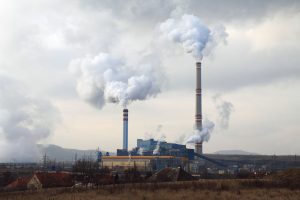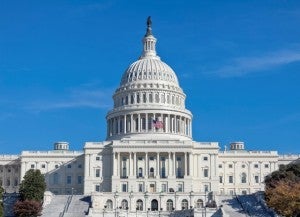 As our nation grapples with a historic public health crisis, 15 states and the District of Columbia are showing leadership by committing to address a dangerous culprit that makes us more vulnerable to COVID-19 and climate change: diesel pollution from trucks and buses.
As our nation grapples with a historic public health crisis, 15 states and the District of Columbia are showing leadership by committing to address a dangerous culprit that makes us more vulnerable to COVID-19 and climate change: diesel pollution from trucks and buses.
These pollutants have significant negative consequences on air quality and health. Despite comprising just 10% of vehicles on the road across the U.S., trucks and buses are responsible for 57% of fine particulate matter, 45% of oxides of nitrogen and 28% of greenhouse gas emissions for that sector.
Besides increased planetary warming, pollution from diesel vehicles leads to a higher rate of asthma, heart attacks and premature deaths — ailments that disproportionately affect people of color and disadvantaged communities, which often border freight corridors, ports and depots. A growing body of evidence suggests that people with respiratory illnesses, often caused or exacerbated by transportation-related pollution, are more susceptible to the effects of COVID-19. Read More












 Each month, the Energy Exchange rounds up a list of top clean energy conferences around the country. Our list includes conferences at which experts from the EDF Clean Energy Program will be speaking, plus additional events that we think our readers may benefit from marking on their calendars.
Each month, the Energy Exchange rounds up a list of top clean energy conferences around the country. Our list includes conferences at which experts from the EDF Clean Energy Program will be speaking, plus additional events that we think our readers may benefit from marking on their calendars. Each month, the Energy Exchange rounds up a list of top clean energy conferences around the country. Our list includes conferences at which experts from the EDF Clean Energy Program will be speaking, plus additional events that we think our readers may benefit from marking on their calendars.
Each month, the Energy Exchange rounds up a list of top clean energy conferences around the country. Our list includes conferences at which experts from the EDF Clean Energy Program will be speaking, plus additional events that we think our readers may benefit from marking on their calendars.